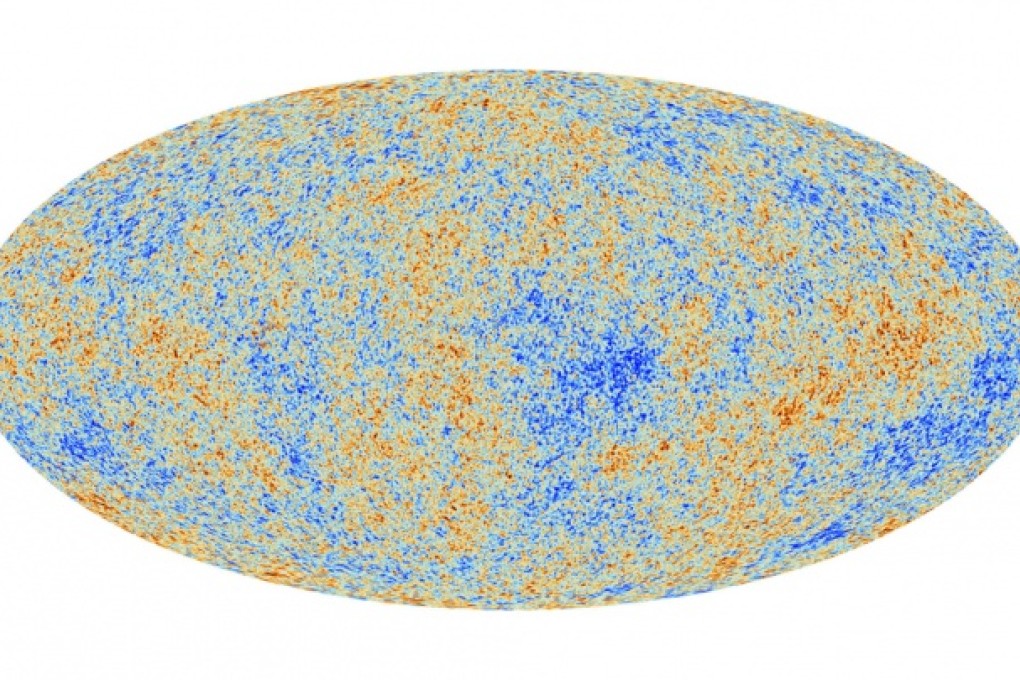Big Bang image inspires scientists in quest to solve the mystery of creation
A US cosmologist says we are now closer than ever to solving the puzzle of how we came to be

When European space scientists released an image of the Big Bang afterglow, US cosmologist Lawrence Krauss wrote that no one could look at it without being awed and inspired.
The 13.7 billion-year-old universe was then just 380,000 years old; that is, a baby!
Most people would probably feel as Krauss did. The computer-generated image represents - almost - a picture of creation itself.
Like another famous atheist-scientist Richard Dawkins, Krauss believes science is on the verge of finding "The Answer". As he writes in The New York Times: "We are plausibly exploring realms of nature that previously may have been thought to be in the domain of philosophy or theology."
He is certainly right about that. What he describes is not even a recent development. Modern science has been pushing the boundaries of philosophy and theology at least since the Scientific Revolution. It is as good a description as any of Western modernity itself.
But Krauss wants to go further and claim that contemporary physics and cosmology is close to solving the mystery of creation and the origin of existence itself. If these can be explained scientifically, there will be no more mystery and nothing left for religion.